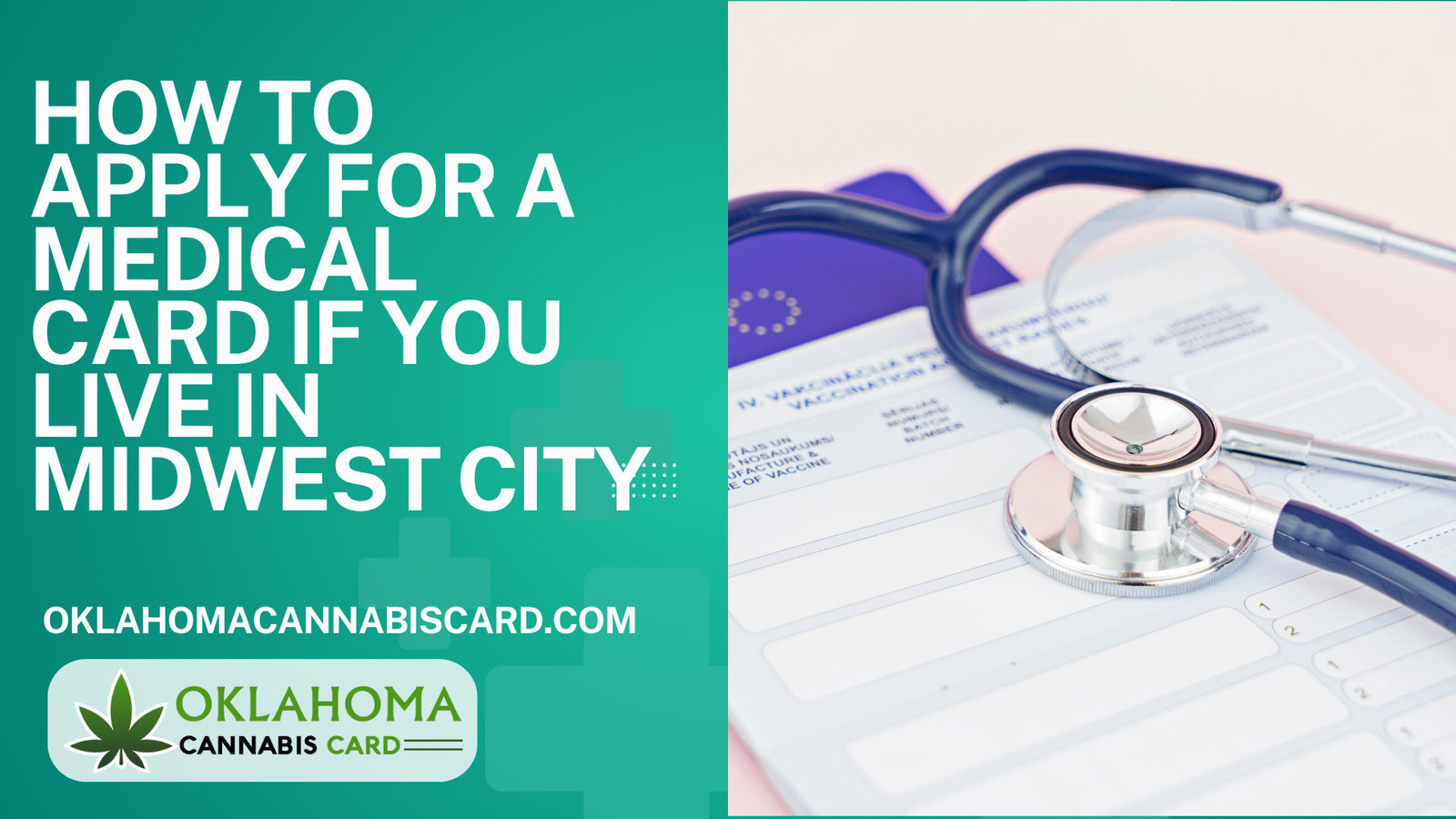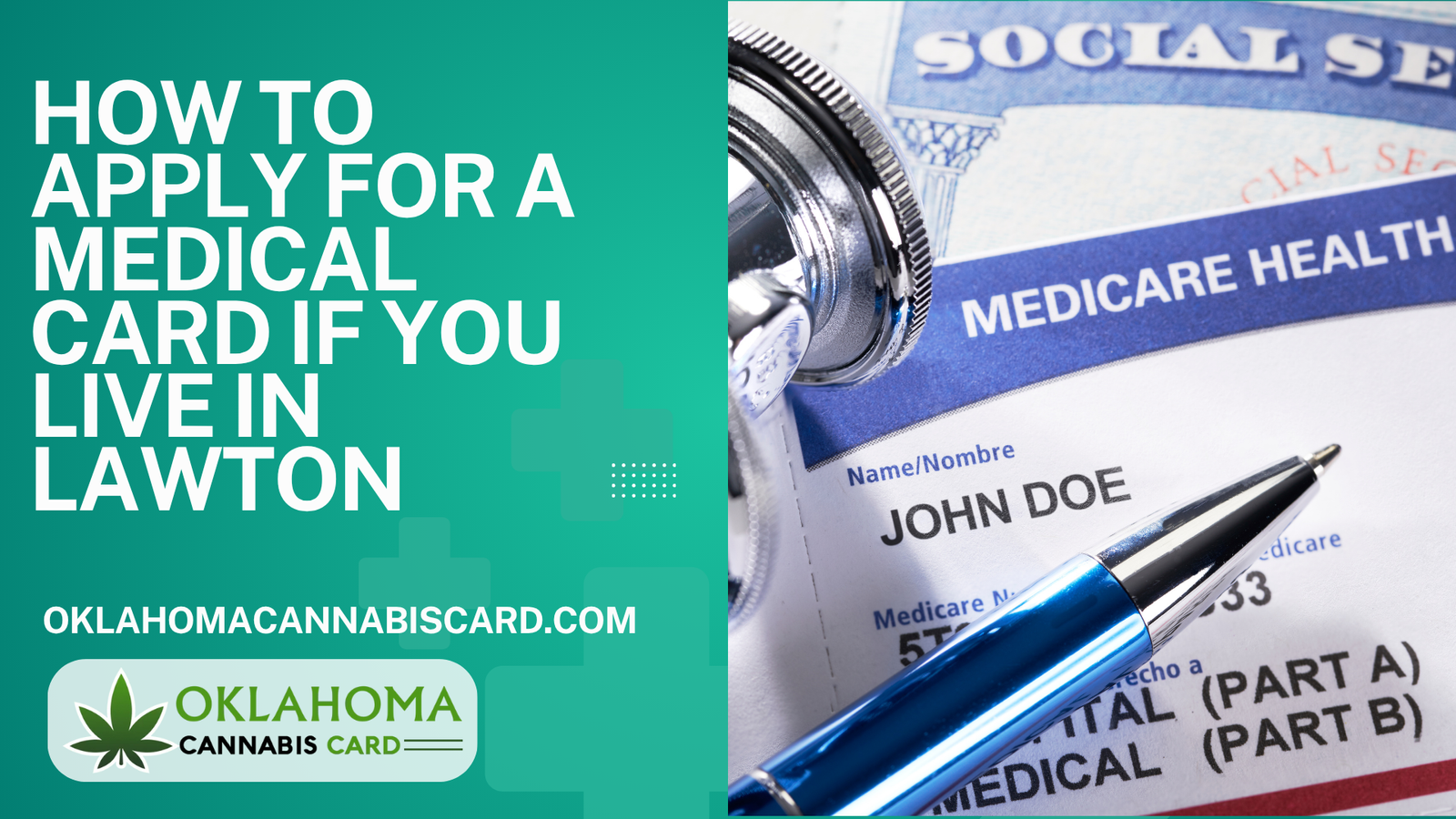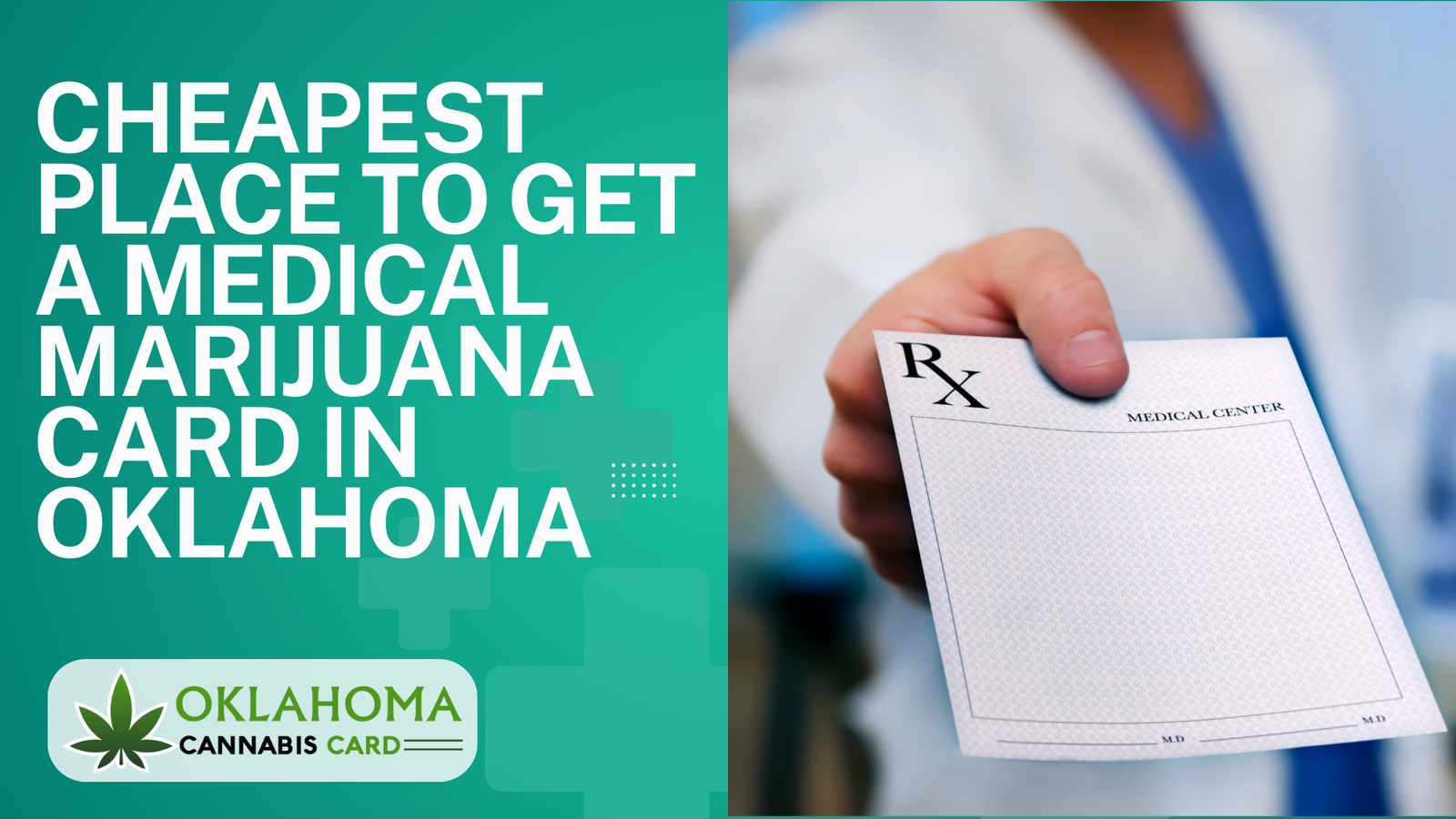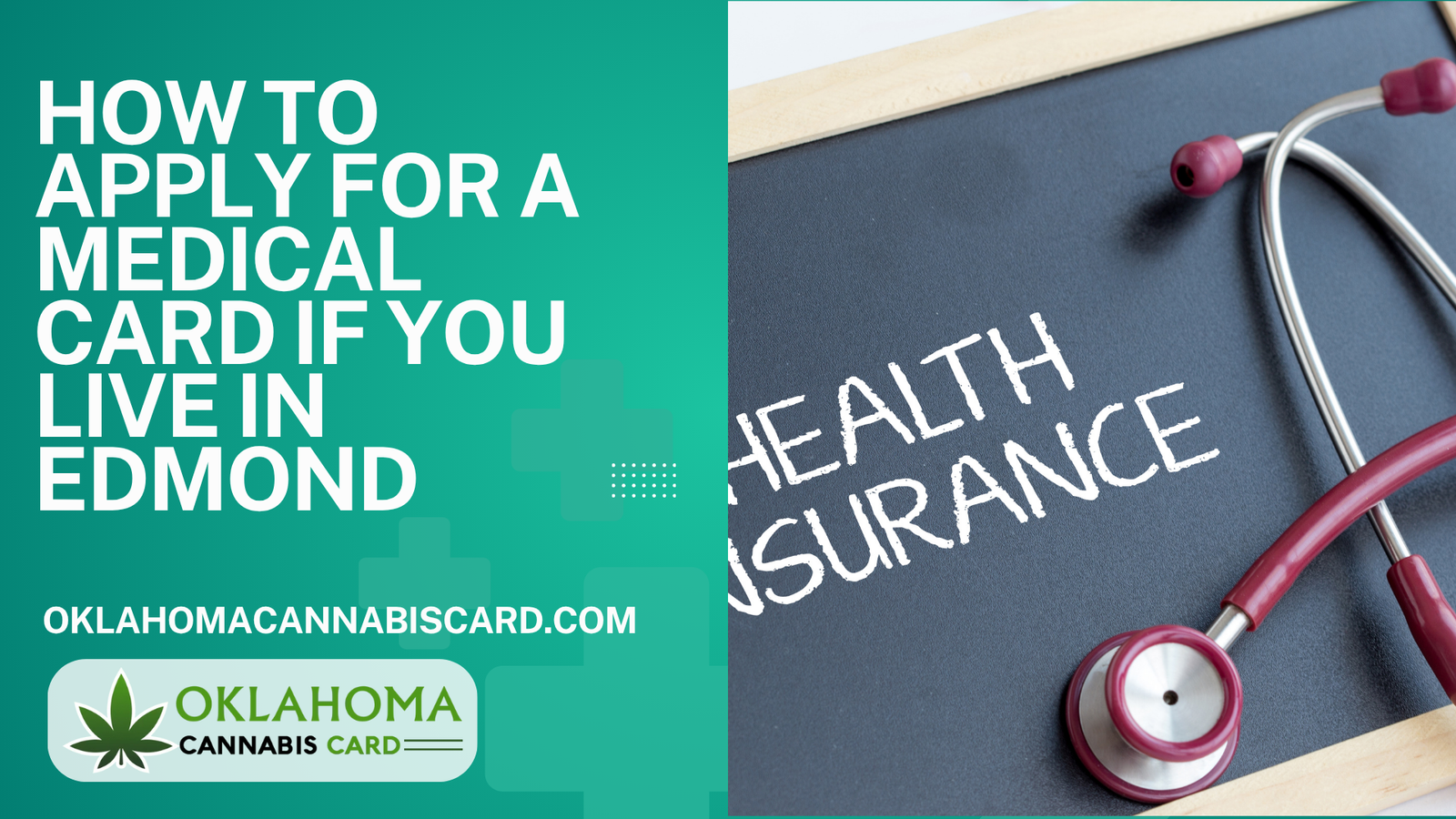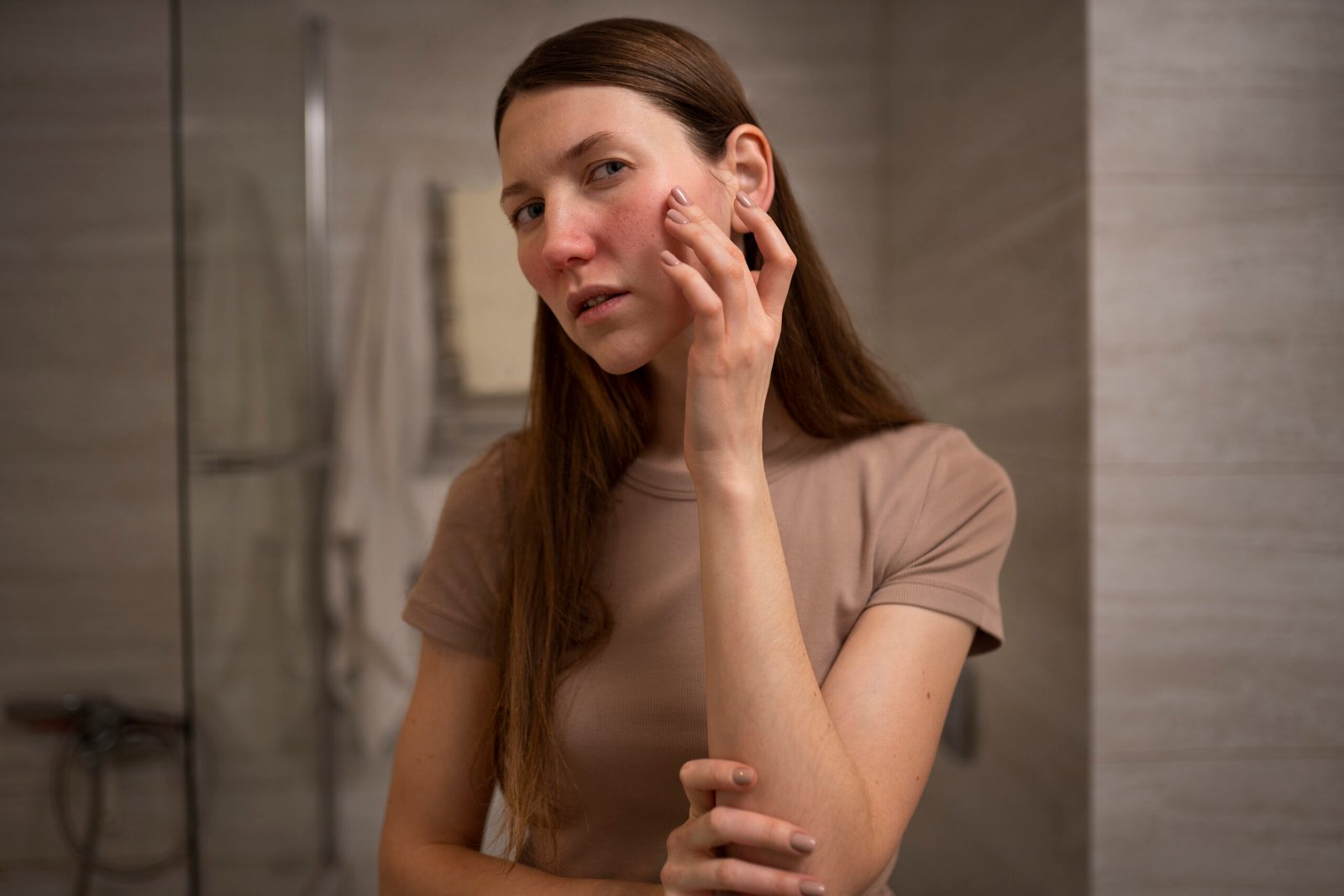
Ehlers-Danlos Syndrome (EDS) is a group of genetic connective tissue disorders that can cause chronic pain, joint hypermobility, fragile skin, and a host of other debilitating symptoms. Living with EDS presents unique challenges, and many individuals find it difficult to manage their pain and maintain their quality of life. Traditional treatments often include physical therapy, pain medications, and lifestyle modifications, but they may not be enough for everyone.
In recent years, medical cannabis has gained attention as a potential option for managing the symptoms of Ehlers-Danlos. Oklahoma’s medical marijuana program offers access to cannabis for patients seeking natural alternatives to conventional treatments. This article will explore how cannabis may benefit Ehlers-Danlos patients, the science behind it, and how to obtain medical marijuana in Oklahoma.
Table OF Content
- 1 Understanding Ehlers-Danlos Syndrome
- 2 How Cannabis Can Help Ehlers-Danlos Patients
- 3 How to Get Medical Marijuana in Oklahoma
- 4 Legal Considerations for Medical Cannabis in Oklahoma
- 5 Conclusion
- 6 Frequently Asked Questions (FAQs)
- 6.1 1. Can I qualify for a medical marijuana card if I have Ehlers-Danlos Syndrome?
- 6.2 2. How long is the medical marijuana card valid in Oklahoma?
- 6.3 3. Can I grow my own cannabis in Oklahoma?
- 6.4 4. How much does it cost to get a medical marijuana card in Oklahoma?
- 6.5 5. Can I use cannabis in public places in Oklahoma?
Understanding Ehlers-Danlos Syndrome
Ehlers-Danlos Syndrome is characterized by defects in connective tissues, such as the skin, joints, and blood vessel walls. There are several types of EDS, with the most common being hypermobile EDS (hEDS). Symptoms can vary depending on the type but often include:
- Chronic joint pain
- Frequent dislocations and subluxations
- Fatigue
- Skin that bruises easily or scars poorly
- Gastrointestinal issues
Living with EDS often requires a multifaceted approach to treatment, including physical therapy, medications for pain and inflammation, and lifestyle changes to prevent injury. However, for many patients, conventional treatments may not be sufficient to manage symptoms effectively, leading them to explore alternative options like medical cannabis.
How Cannabis Can Help Ehlers-Danlos Patients
Medical cannabis has been used to manage a variety of chronic conditions, and its potential to help EDS patients is promising. Cannabis contains cannabinoids like THC (tetrahydrocannabinol) and CBD (cannabidiol), which interact with the body’s endocannabinoid system (ECS). The ECS plays a crucial role in regulating pain, inflammation, mood, and other bodily functions. By targeting this system, cannabis may offer relief from several of the symptoms that Ehlers-Danlos patients experience.
Pain Management
Chronic pain is one of the most common and debilitating symptoms of EDS. Many EDS patients deal with joint pain, muscle pain, and nerve pain, which can be resistant to typical pain medications. Cannabis, specifically strains high in CBD and THC, has shown promise in reducing pain. A 2020 study published in the journal Frontiers in Neurology found that cannabinoids could reduce chronic pain associated with connective tissue disorders.
For Ehlers-Danlos patients, cannabis may help reduce the reliance on opioid painkillers, which often come with significant side effects and risks of addiction. Unlike opioids, cannabinoids are less likely to cause dependency and can be used long-term in many cases.
Reducing Inflammation
Inflammation is another common issue in EDS patients, particularly in the joints. Cannabis contains anti-inflammatory properties that may help reduce swelling and ease discomfort. CBD, in particular, has been studied for its ability to lower inflammation without producing the psychoactive effects associated with THC.
Muscle Relaxation
EDS patients often suffer from muscle spasms and stiffness, which can further exacerbate pain and mobility issues. Cannabis, particularly THC, has muscle-relaxing properties that can help alleviate muscle tension and improve mobility. This can be especially beneficial for patients who experience frequent joint dislocations or spasms.
Improving Sleep
Sleep disturbances are common in individuals with EDS due to chronic pain and discomfort. Cannabis can help improve sleep quality by reducing pain and promoting relaxation. Strains high in THC are known for their sedative effects, which can help patients fall asleep more easily and stay asleep longer.
Mental Health Benefits
Living with a chronic condition like Ehlers-Danlos can take a toll on mental health. Anxiety, depression, and stress are common among EDS patients. Cannabis, particularly CBD, has been shown to have anxiolytic (anti-anxiety) and antidepressant effects. By reducing anxiety and improving mood, cannabis can help patients cope with the psychological challenges of living with EDS.
How to Get Medical Marijuana in Oklahoma
Oklahoma has one of the most patient-friendly medical marijuana programs in the country, allowing individuals with qualifying conditions to access cannabis with ease. If you believe that cannabis could help manage your Ehlers-Danlos symptoms, you can apply for a medical marijuana card through the Oklahoma Medical Marijuana Authority (OMMA).
Steps to Get a Medical Marijuana Card
- Complete an online application: Visit a telemedicine clinic like Oklahoma Cannabis Card and fill out an online application. This will include basic information about your medical history and condition.
- Consult with a certified cannabis doctor: After submitting your application, you’ll have a video consultation with a licensed doctor in Oklahoma. The doctor will evaluate your condition and determine if medical cannabis is a suitable treatment for you.
- Receive your certification: If the doctor approves your application, you’ll receive an official recommendation. This certification allows you to register with OMMA and apply for your medical marijuana card.
- Submit your application to OMMA: After receiving your doctor’s recommendation, you’ll need to submit your documents to OMMA. Once approved, you’ll receive your medical marijuana card within 14-30 days.
Oklahoma residents can get their medical marijuana card for $129 through Oklahoma Cannabis Card. Renewals are required every two years and cost $99.
Legal Considerations for Medical Cannabis in Oklahoma
Oklahoma’s medical marijuana laws allow patients with a valid medical marijuana card to purchase cannabis from licensed dispensaries. As of 2024, there are over 2,000 dispensaries across the state, making it easy for patients to access high-quality cannabis products.
It’s important to note that while medical cannabis is legal in Oklahoma, there are still some restrictions. Patients should avoid using cannabis in public places or while driving. Additionally, Oklahoma law allows medical marijuana patients to grow up to six mature plants and six seedlings at home, provided they are not visible from public view.
Conclusion
For individuals living with Ehlers-Danlos Syndrome in Oklahoma, medical cannabis may offer a new avenue for symptom management. Whether it’s reducing chronic pain, easing muscle spasms, or improving mental health, cannabis has the potential to improve the quality of life for EDS patients. With Oklahoma’s supportive medical marijuana program, patients have legal access to this treatment option.
If you’re considering medical cannabis for your Ehlers-Danlos symptoms, it’s important to consult with a certified doctor. They can help guide you through the process and ensure you’re using cannabis safely and legally. To begin your journey, visit Oklahoma Cannabis Card and get your medical marijuana card for $129.
Frequently Asked Questions (FAQs)
1. Can I qualify for a medical marijuana card if I have Ehlers-Danlos Syndrome?
There is no specific list of qualifying conditions in Oklahoma. The decision is left to the discretion of a certified cannabis doctor, who will evaluate whether your Ehlers-Danlos symptoms can be managed with cannabis.
2. How long is the medical marijuana card valid in Oklahoma?
Medical marijuana cards in Oklahoma are valid for two years. You can renew your card through clinics like Oklahoma Cannabis Card for $99.
3. Can I grow my own cannabis in Oklahoma?
Yes, registered medical marijuana patients are allowed to grow up to six mature cannabis plants and six seedlings at home, as long as they are not visible to the public.
4. How much does it cost to get a medical marijuana card in Oklahoma?
The standard fee for obtaining a medical marijuana card in Oklahoma is $129. Renewals cost $99 every two years.
5. Can I use cannabis in public places in Oklahoma?
No, it is illegal to consume cannabis in public places in Oklahoma. Patients should only use cannabis in private settings.


